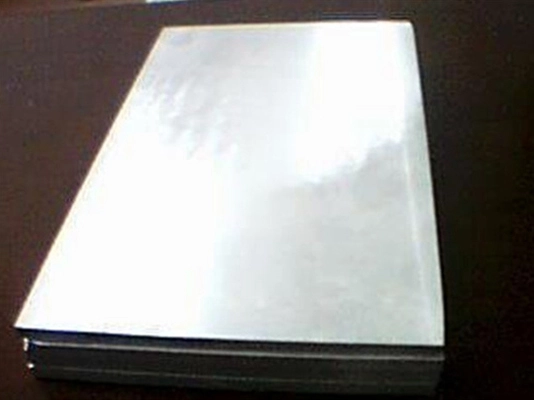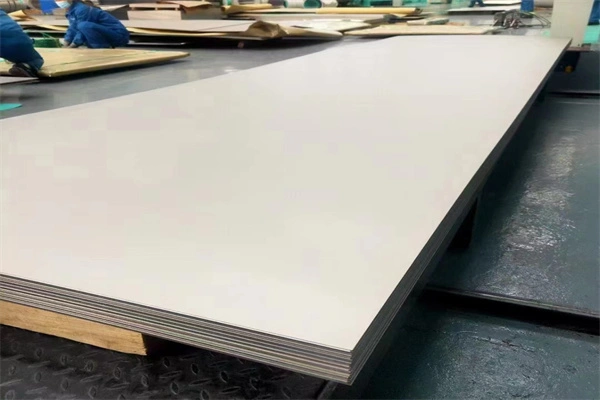SEARCH
Titanium, positioned at atomic number 22 in the periodic table, belongs to the IVB subgroup of the fourth period, alongside zirconium and hafnium. This special metal, celebrated for its high melting point and the formation of a stable oxide film at room temperature, boasts an array of remarkable properties that make it a vital strategic material in various industries.
Titanium exhibits a unique combination of low density and high strength, making it a standout material in the industrial landscape. With a density of 4.51g/cm³, just 57% that of steel, titanium is both lighter and stronger than traditional materials. The comparison extends to aluminum, where titanium is less than twice as heavy but boasts three times the strength. Its exceptional strength-to-density ratio positions titanium as an indispensable structural material, particularly in aerospace applications.
The corrosion resistance of titanium is closely tied to the presence of its oxide film. In oxidizing environments, titanium's corrosion resistance surpasses that in reducing environments. It remains uncorroded in substances like seawater, wet chlorine gas, chlorides, nitrates, chromates, and various organic acids. However, precautions are necessary in reactive environments like hydrochloric or sulfuric acid, where titanium can exhibit a higher corrosion rate. The protective oxide film forms even when titanium encounters small amounts of water or water vapor. Yet, in completely water-free, highly oxidative environments, rapid oxidation and even spontaneous combustion can occur, emphasizing the need for controlled conditions.

Titanium's heat resistance is a standout feature, with titanium alloys maintaining excellent mechanical performance even at temperatures around 500°C. This attribute positions titanium as the material of choice for components in aerospace applications, such as compressor discs and blades in aircraft engines. Its reliability under high-temperature conditions is crucial for maintaining structural integrity and functionality.
Certain titanium alloys, such as Ti-5Al-2.5SnELI, exhibit increased strength with decreasing temperatures while maintaining good ductility and toughness. This makes them suitable for applications in ultra-low temperature environments, including use in liquid hydrogen and liquid oxygen rocket engines or as containers and tanks in manned spacecraft subjected to extreme cold.
One unique property of titanium is its non-magnetic nature, making it suitable for applications in submarine hulls without the risk of triggering explosive devices like underwater mines.
Titanium's low thermal conductivity, only one-fifth that of steel, one-thirteenth that of aluminum, and one-twenty-fifth that of copper, can be a disadvantage in some contexts. However, in certain applications, this characteristic can be leveraged to advantage.

With an elastic modulus only 55% that of steel, the low elastic modulus of titanium is considered a drawback when used as a structural material. However, it offers benefits in applications where flexibility is desired.
The tensile and yield strength of Ti-6Al-4V titanium alloy are closely matched, with the tensile strength at 960MPa and the yield strength at 892MPa, demonstrating a minimal difference of 58MPa.
Titanium is prone to oxidation at high temperatures due to its strong affinity for oxygen. Precautions, including welding under argon protection and vacuum heat treatment for titanium tubes and thin sheets, are necessary to prevent contamination and oxidation.
Clocks made of titanium, when compared to those made of other metals like copper or steel, exhibit a prolonged resonance time. This characteristic, termed low damping capacity, signifies that titanium retains energy imparted through impact for an extended period.
In conclusion, titanium's diverse range of properties, from its remarkable strength-to-density ratio and corrosion resistance to its thermal and magnetic characteristics, make it a versatile and sought-after special metal. The nuanced interplay of these properties opens doors to a multitude of applications across industries, establishing titanium as a material of choice for cutting-edge technologies and demanding environments.